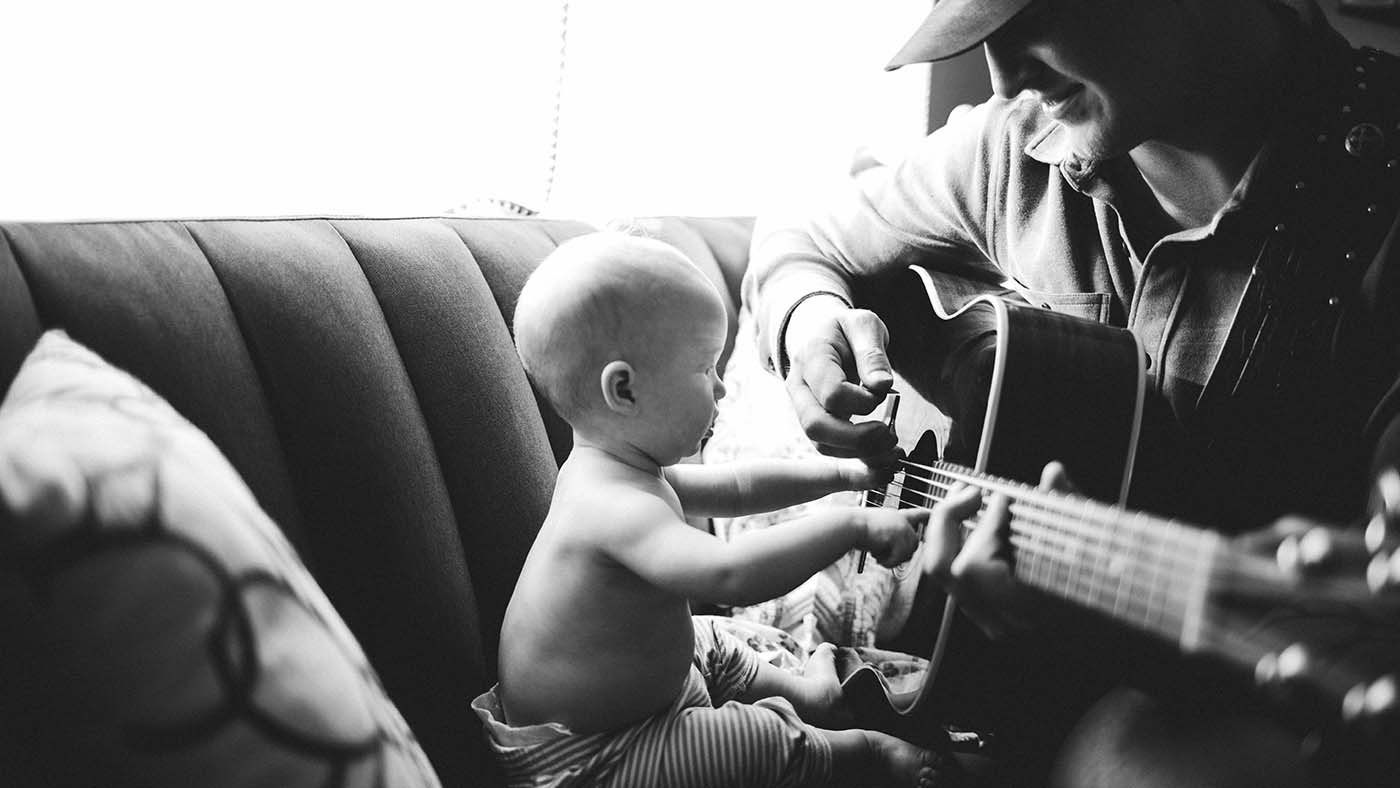Why paying attention to music is an important skill in your baby's developmental journey

Your baby’s hearing began to work well before birth, however, over the past few months, their hearing has developed, and they are now able to make more sense of sounds. Now, they can interpret and distinguish different sounds and they can tell the difference between the melodic tones of speaking and singing.[1] But how do you know they are listening and processing sound?
This is fascinating because research studies have linked that listening to music supports early language development. Studies have shown that having the ability to distinguish between sounds and musical sounds supports babies’ understanding of structure of speech. [2]
Five signs that show your baby is paying attention to music and the sound of singing
Sound - Listen to them. If you hear your baby making sounds such as bubble blowing sounds, babbling sounds or cooing sounds, they could be trying to sing along to the song or music.
Movement - If your baby looks like they are wriggling to the sound of music – they probably are!
Smiles - Your baby will look at you with an excited expression, this is their sign to say they are having a good time.
Sucking to the beat during feeding time - You may notice your baby sucking or moving their tongue to the rhythm of the music when feeding.
Pausing when music pauses - Your baby may recognise when there is a break in the music and momentarily pause their movement until the music starts again.
References
[1] M. Adachi, S. Trehub (2012). The Oxford Handbook of Music Education. Volume 1. Chapter 2.2: Musical lives of infants. Oxford University Press.
[2] S. Fernandez (2018) Article: Music and Brain Development. DOI: 10.3928/19382359-20180710-01